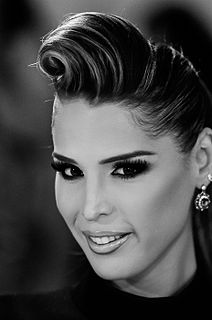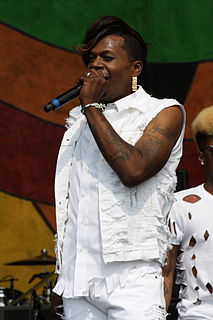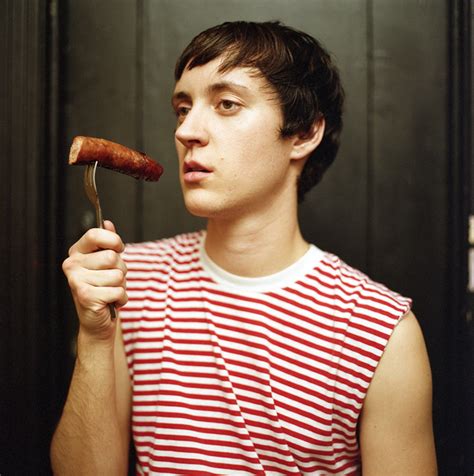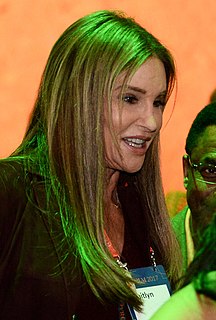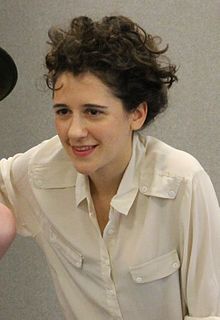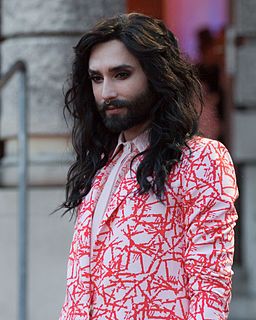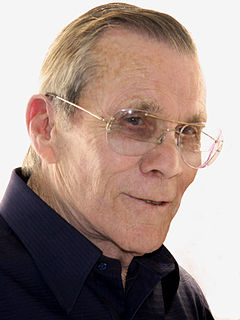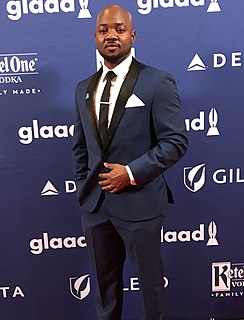A Quote by Vijay Seshadri
We live in a trans period. Contemporary issues of sexuality, for example - the exciting aspects of them - have to do with transgenderedness. And there's trans-nationality. There are people like me, for example. I mean, what am I? Am I Indian? Am I American? And I'm not alone in being between things.
Related Quotes
I am really passionate about transparency and trans rights issues, so I embrace these opportunities to speak. I try to stay in touch with those who are prominent in both the trans and transparency movements, but more often than not, I am speaking out on a particular issue on my own. I certainly hope that people listen to me and think about these issues. But regardless of whether I had a public venue to speak in, I would still be passionate about them.
I am transgender, so 'he' is not appropriate and 'she' is problematic. I haven't been one to wage war with society to force people to address me a certain way. I let people make that decision for themselves. I don't identify as a man, so 'he' is silly in a way. Being called 'she' as a trans person, trans in the sense that I'm trans, is to be honoured in an aspect of yourself.
I think it's really important to champion stories from trans women and trans women of color. That demographic has gone unheard and unsupported for so long, and it's really the community that's struck the hardest by a lot of issues. I try to do a lot of work to champion trans feminine issues and stories, but that said, I do have a personal and deep investment in seeing trans masculine stories reflected in culture. It is a little disappointing to me that trans men and trans masculine people have not really been part of this media movement that we're experiencing right now.
Trans voices are really underrepresented, and trans stories are really underrepresented, and when they are presented, they're often reductive. I was interested in putting a trans person and a trans narrative on stage that didn't fall into cliché, that thought a bit more deeply about the experience of being trans, and how those issues tie into things that we all experience. How we tell the story of our lives, versus what might have actually happened, and how we communicate to our former selves. All of those questions were really interesting to me.
Many in the trans community are fed up with L.G.B.T. organizations that continue to erase trans identity or just give lip service to trans issues. We need our cisgender allies - gay and straight - to treat transgender lives as if they matter, and trans people need multiple seats at the tables in the organizations that say they're interested in L.G.B.T. equality; this absence has been painful since Stonewall.

